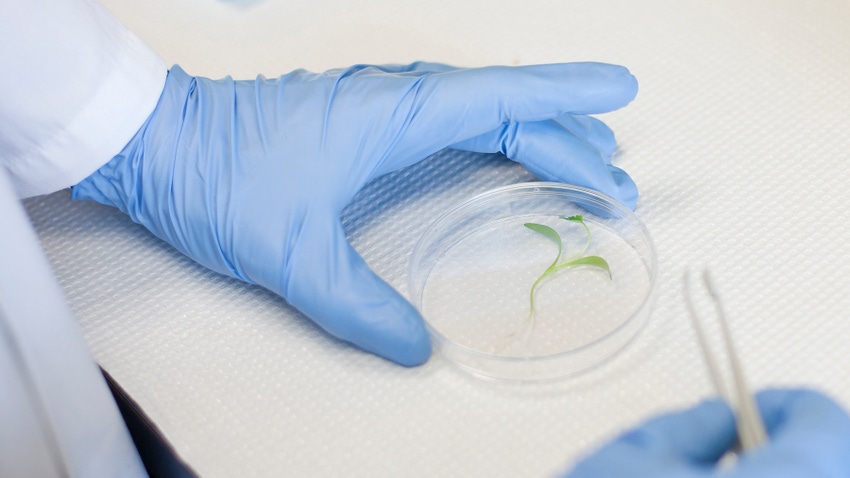
A bill introduced on Thursday by five Senate Democrats would direct USDA to invest at least $75 million each fiscal year on competitive research grants. Funding from the Seeds and Breeds for the Future Act would be used by public universities to support the development of regionally adapted seed varieties and animal breeds. The legislation was introduced by Sens. Tammy Baldwin, D- Wisc., Martin Heinrich, D- N.M., Tina Smith, D- Minn., John Fetterman, D- Pa., and Ron Wyden, D- Ore.
“Wisconsin’s agriculture sector is a driver of our state’s economy and the heart of many of our rural communities,” Baldwin says. “In the face of a changing climate, we must make sure our farmers and producers have the tools they need to adapt and compete on the global stage. This legislation will ensure that our farmers have regionally-adapted seed varieties and animal breeds to increase their yields and adjust to new environmental challenges.”
Supporters note that many universities have reduced or eliminated plant and animal breeding programs. They say this is now causing a shortage of crops and livestock tailored to meet the needs of regional conditions. This, they contend, makes the American agriculture sector vulnerable to disruption, threatening the industry’s competitiveness domestically and internationally.
A long list of advocacy groups have endorsed the Seeds and Breeds for the Future Act. They include Albert Lea Seed, American Malting Barley Association, Arkansas Rice Growers Association, California Climate & Agriculture Network, Carbon 180, Center for Food Safety, Dakota Rural Action, Family Farm Defenders, Farm Aid Farm and Ranch Freedom Alliance, Freed Seed Federation, Institute for Agriculture Trade and Policy, Johns Hopkins Center for a Livable Future, Land Stewardship Project, Mandaamin Institute, Michael Fields Agricultural Institute, National Association of Plant Breeders, National Barley Improvement Committee, National Center for Appropriate Technology, National Co+op Grocers, National Family Farm Coalition, National Farmers Union, National Organic Coalition, National Sustainable Agriculture Coalition, Native Farm Bill Coalition, Natural Resources Defense Council, Northeast Organic Dairy Producers Alliance, Northeast Organic Farming Association - Interstate council, Northeast Organic Farming Association of New York, Ohio Ecological Food and Farm Association, Oregon Tilth, Organic Farming Research Foundation, Organic Seed Alliance, Organic Valley | CROPP Cooperative, Rural Advancement Foundation International-USA, Savanna Institute, Union of Concerned Scientists, Virginia Association of Biological Farming, Wisconsin Farm Bureau, Wisconsin Farmer’s Union, Wisconsin Potato & Vegetable Growers Association and the Wisconsin Soybean Association.
“Farmers and ranchers are on the front lines of the climate crisis,” Sen. Heinrich says. “We need to grow our investments in the research and development of more climate-adaptive and disease-resistant plant varieties and animal breeds to make our food systems more sustainable. I’m proud to champion this legislation to help researchers on the cutting-edge of publicly funded agricultural innovation.”
About the Author(s)
You May Also Like






